Patient and Public Involvement (PPI) Research Advisory Group
The Barts Cancer Institute aims to transform the lives of those with and at risk of cancer through innovative basic, translational, clinical and population-based research into various cancer types. We are committed to not only making our research cutting-edge but importantly both relevant and accessible. To achieve this, we believe in an active partnership between the researchers and the patient, carers and the public.
Why is PPI involvement important in research?
Our PPI research advisory group brings together researchers from within the Barts Cancer Institute with PPI advocates who have an interest in cancer research. Our PPI advocates provide invaluable contributions by bringing alternative perspectives and ideas to those of the academic researchers, to improve different aspects of the research that we conduct here at the Barts Cancer Institute. The input of our PPI research advisory group ensures that our research is designed and delivered with the patients in mind, and provides a vehicle to raise further awareness of the importance of research.
Chair of group: Dr Jessica Okosun
Meet our current group of PPI advocates
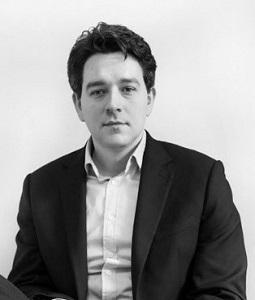
Daniel Carew
I am an Investment Manager at Seraphim Capital making venture investments in the space/aerospace ecosystem, and formerly a venture investor at a materials/bio fund. I have a PhD in Chemistry from the University of Bristol, specialising in Nanomaterials, and a Bachelor of Applied Science and Engineering from the University of Toronto.
I have experience of evaluating cancer treatments as a venture investor, and experience of the Canadian cancer treatment system as a family member of those being treated.
Many of my immediate and extended family have lost their lives to cancer. I would like to do my part to help progress cancer treatment and to make the patient experience better.
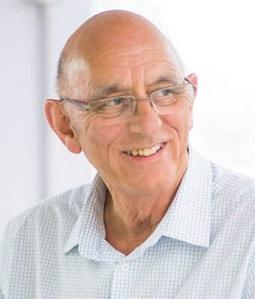
Dave Chuter
Oesophageal cancer survivor, my life saving Oesophagectomy was in 2006 which started my journey into cancer research. There was no patient to patient support locally when I was diagnosed so I started up a support group with the help of the hospital medical team in December 2006 which is still running now. Newly diagnosed patients started asking questions about the research trial they were invited to join, was it the right one for them and are others available? As I had no answers I decided to get involved with cancer research to be able to answer their questions and help every patient make an informed decision on their treatment pathways.
I survived because of research, supporting research and being the patient voice representing others is so important to me, as is helping patients understand the trial they have been invited to join and get involved in research. Lived experience and science is the partnership to successful research.
My current patient advocacy roles include NIHR Academy and selection committee, NCRI Living With and Beyond Cancer (Acute and Toxicities Workstream) and member of the Executive Group, NHS Leadership Academy – PPI Member, NHS FT Hospital Governor and Vice Chair of the useMYdata advisory group.
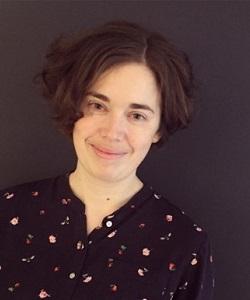
Rachel Cunningham
I am an arts events and marketing specialist, running a small consultancy, ‘Project Spotter,’ from my home in East Sussex. I was diagnosed with Non-Hodgkin lymphoma in November 2017, after a nurse found an abnormal lump in my spleen while I was having an ultrasound scan. I undertook 7 months of chemotherapy, and was found to have a complete metabolic response. I am currently under ‘watch and wait’ care with Eastbourne District Hospital.
I wanted to use my cancer experience for something positive, and felt that my communication skills and knowledge in the field of marketing could prove useful in the role.
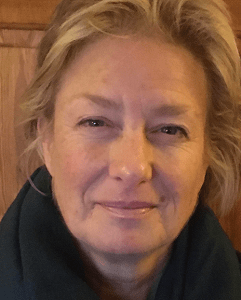
Yo. (Yolanda) Green
Five members of my family have died of cancer, the closest ones are my father and my husband, Martin. Martin died after an initial misdiagnosis and was subsequently late diagnosed with a rare cancer. He lived for two years with cancer and underwent surgery, chemotherapy and finally was invited to undertake a trial which he refused. This time was wonderful and terrible– in that he survived for two years but subsequently died too soon. During this experience there were elements which may be useful to people in similar circumstances and I seek to use the insight positively whenever possible.
My background and current work is and has been mostly in marketing and market research. Everything I do is about learning about human behaviours and activities. What I am trying to do is to combine this with my cancer experiences wherever it could be appropriate/useful. My hope is that there may be something in marketing/market research experience which could aid cancer prevention and might make a contribution to increasing appropriate participation.
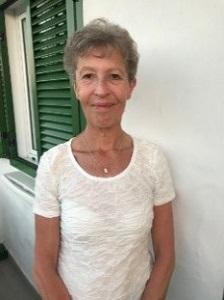
Celia Odell
I am a Registered Nurse, with experience in caring for patients with cancer at all levels of the disease, from diagnosis, through to treatment and palliative care. I was diagnosed with breast cancer in October 2015, for which I received surgery, chemotherapy and radiotherapy.
The experience made me realise the importance of research, particularly into cancers of unmet need such a triple negative breast cancer, to enable more targeted cancer treatments with a view to eliminating the often disabling side effects.
I think it is essential that patients understand the importance of research to enable the advancement of cancer treatment, and feels that I am in the ideal position to help to bridge the gap between research and the practicalities that patients are encountering on a daily basis when they have been given a cancer diagnosis.
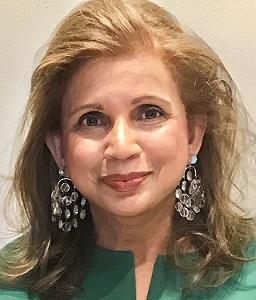
Elizabeth Pires
I retired after a 45 year career in the financial services industry. I have lived, worked and travelled extensively around the world and my family and I now make our home in London.
Both my husband and I battled cancer some years ago. I was diagnosed and treated for cervical cancer that had spread to an ovary. My husband was diagnosed and treated for prostate cancer. At the time, I can remember feeling very frightened and in a state of shock and numbness for a very long time. We wanted to live. And so the big fight began. I spent weeks and months researching information and treatment options so that I could make the right decisions about what was best for us. The best help that I received was from cancer patients and survivors who were generous with their time and shared their knowledge and experiences. This experience made we want to give something back- to other cancer patients and, hopefully, help to make their experience better. Over the years, I have volunteered at hospices and cancer support groups and still do.
I have a history of breast cancer in my family. My mother currently has it and my grandmother and an aunt died from it. As an interested party in the advancement of treatment options in the fight against cancer, I hope to be able to share my perspective from the other side - as a former patient and as a volunteer in supporting cancer research.
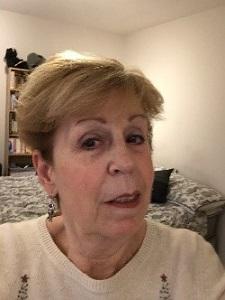
Clare Pudney
After developing breast cancer in April 2008 and going through the treatment, I wanted to know more about the disease, the research and treatments available.
I took part in a trial at the time and since then has been very interested in cancer research. Many friends and family have developed different types of cancer over the last few years, which has increased my interest in this area.
Although my treatment was over 10 years ago, I am still interested in the treatment of cancer as more and more people seem to be developing the disease.
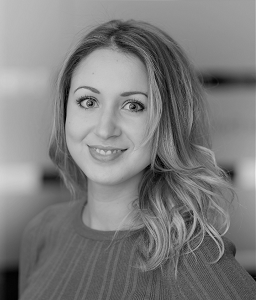
Esme Wilson
Cancer is a topic that I have a personal and professional interest in. I am currently an MSc student at Barts Cancer Institute, Queen Mary University of London studying Clinical Oncology. Alongside my studies I am also working at a healthcare comms agency where I help develop campaigns and materials for mainly pharma organisations, many of which are in the oncology space. Prior to my role in comms, I studied radiotherapy which gave me the opportunity to work with patients and better understand their treatment journeys.
Cancer has had an impact on my family, as it has for many people, which was a major driver for my interest in oncology. I'm passionate about patients feeling empowered and involved in their treatment choices and decisions and believe a lot of this has to do with a better understanding of cancer research. I’m looking forward to learning more about PPI and hope I can offer my knowledge and skills to make a positive difference.
Interested in joining us?
If you have questions or would like to be involved as a PPI advocate, please contact bci-admin@qmul.ac.uk.
